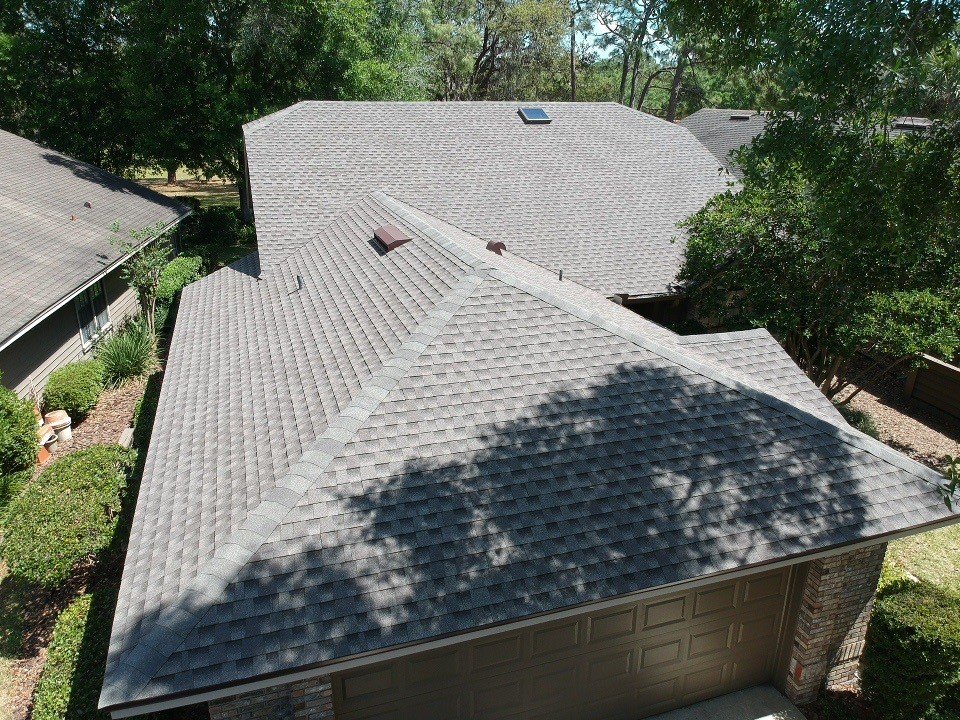Living in Florida means facing powerful hurricanes that can cause significant roof damage if your home isn’t properly protected. The choice of roofing material plays a major role in how well your property withstands high winds, heavy rain, and flying debris. If you live in storm-prone areas such as Apopka, FL, understanding which materials perform best can help you make a lasting investment in your home’s safety.
Understanding Florida’s Roofing Challenges
Florida’s weather is unique — the combination of heat, humidity, and intense storm seasons demands more from roofing systems than almost any other state. Materials must resist not only wind uplift but also salt, mold, and UV degradation. The state’s building codes require roofs to meet stringent wind resistance ratings, making material choice a key factor in both protection and compliance.
Homeowners who want long-term durability should consider materials that meet or exceed Florida Building Code standards and are properly installed by licensed professionals. A roof is only as strong as its weakest component, so everything from the shingles to the fasteners matters.
Metal Roofing: The Ultimate Hurricane Defender
Metal roofing is one of the strongest materials for hurricane resistance. Its interlocking design resists uplift from strong gusts, and the panels are typically rated for wind speeds exceeding 150 mph.
Key benefits include:
- Exceptional wind and debris resistance
- Long lifespan (40–70 years)
- Energy efficiency, reflecting heat away from the structure
- Minimal maintenance compared to shingles
Modern metal roofs are also available in various styles and finishes, allowing homeowners to maintain curb appeal while maximizing performance. With proper installation and fastening systems, a metal roof can be one of the best defenses against Florida’s severe weather.
Concrete and Clay Tile Roofing
Concrete and clay tiles have been used for centuries in coastal regions due to their weight and structural integrity. The density of the material helps resist heavy winds, while the curved shapes improve water runoff during torrential rains.
Advantages include:
- Strong wind resistance, often up to 180 mph when properly anchored
- Excellent insulation for hot climates
- Fire resistance and long-term durability
However, tile roofs require skilled installation and reinforced roof decking to handle the extra weight. When tiles are installed with foam or adhesive systems rather than nails, they achieve a better wind rating and reduced risk of cracking during storms.
Asphalt Shingles: Affordable and Effective Options
High-quality architectural asphalt shingles can be a balanced choice between cost and performance. While basic 3-tab shingles often fail in strong winds, advanced laminated versions are now rated to withstand gusts up to 130 mph.
Pros include:
- Cost-effective for most homeowners
- Available in multiple impact and wind-resistant grades
- Easier to repair or replace after a storm
To make your asphalt shingle roof more hurricane-ready, ensure that the underlayment and adhesives meet the latest Florida building standards, and schedule regular inspections before each hurricane season.
Synthetic Roofing Materials
Synthetic composite roofs are gaining popularity due to their ability to combine the look of wood shakes or tiles with exceptional durability. These engineered materials are lightweight, impact-resistant, and can exceed Miami-Dade hurricane testing requirements.
Benefits include:
- Impact and UV resistance
- Lightweight yet durable composition
- Extended warranties and energy efficiency
They also tend to perform well under prolonged exposure to moisture, preventing rot or deformation common in natural materials.
Flat Roof Systems for Coastal Homes
For modern or commercial-style homes in Florida, flat or low-slope roofs require specialized systems like TPO (Thermoplastic Polyolefin) and modified bitumen. These materials perform well under intense water pressure and strong winds when installed with proper sealing and drainage systems.
Benefits include:
- Excellent waterproofing properties
- Energy-efficient white reflective surfaces
- Tight seam adhesion to prevent blow-offs
Because flat roofs have unique vulnerabilities, homeowners should partner with experienced local roofers who understand how to achieve secure adhesion and proper pitch for drainage.
Importance of Proper Installation and Maintenance
Even the best roofing materials can fail if not installed correctly. Florida’s hurricane resistance depends on accurate fastener placement, underlayment protection, and wind-rated adhesives. Beyond installation, regular maintenance and inspections are crucial. Clearing debris, checking seals, and re-fastening loose components after each storm season can prevent costly failures.
Hiring a trusted expert ensures that your roof not only meets building codes but also exceeds them for added safety. For homeowners in Apopka, FL, reliable service and attention to detail make all the difference during hurricane season.
Trusted Roofing Services in Apopka, FL
When preparing your home for severe weather, professional guidance is vital. DeSantis Roofing Inc. provides local expertise in hurricane-resistant roofing backed by durable materials and precision installation. Their team can recommend the right system for your budget and your home’s structural needs. To schedule a consultation, contact them at 321-501-6220.
Choosing the Right Roof for Your Home
There’s no one-size-fits-all solution when it comes to storm protection. Metal, tile, asphalt, and synthetic roofs all have their advantages, depending on your home’s design and location. For homeowners in Central Florida, combining quality materials with expert craftsmanship will ensure your roof performs when the next hurricane hits.






